Smarter Insights: A User-Friendly Guide to AI-Driven Data Analytics Tools
The Future is Now: Unleashing Business Potential with AI-Driven Data Analytics Tools (Image: ) The data deluge is no longer a looming threat – it’s our current reality. Businesses are drowning in information, but often starving for actionable insights. This is where the power of AI-driven data analytics tools comes into play. These sophisticated platforms are transforming how organizations understand their performance, predict future trends, and make data-backed decisions. Forget tedious manual analysis; the era of automated intelligence is here. We'll explore how these tools are reshaping various industries, from finance and marketing to supply chain management, and discuss the key considerations for implementing them effectively. Beyond Reporting: The Evolution of Business Intelligence For years, companies relied on traditional business intelligence (BI) systems. These systems provided reports and dashboards based on pre-defined metrics. While valuable, they lacked the agility to adapt to rapidly changing market conditions. AI-driven data analytics tools represent a quantum leap forward. They go beyond simple reporting, applying machine learning algorithms to uncover hidden patterns, anomalies, and correlations within data. This allows for: Predictive Analytics: Forecasting future outcomes based on historical data. Imagine proactively identifying potential customer churn or anticipating supply chain disruptions. Prescriptive Analytics: Not just predicting what will happen, but recommending what should be done. This can guide optimal pricing strategies, personalized marketing campaigns, and efficient resource allocation. Automated Insights: AI algorithms automatically identify key trends and insights, freeing up analysts to focus on higher-level strategic thinking. This shift in capabilities dramatically enhances decision-making, leading to improved operational efficiency, increased revenue, and a stronger competitive advantage. Tools like Tableau are leading the charge in delivering more intelligent insights. AI Agents and Automation: The Engine Driving Data-Driven Decisions The rise of AI agents and automation is inextricably linked to the growth of AI-driven data analytics tools. These agents are essentially AI systems capable of performing tasks autonomously, often interacting with data sources and systems to generate insights and execute actions. Here's how AI agents are transforming the data landscape: Automated Data Cleansing: AI agents can automatically identify and correct errors in data, ensuring data quality and reliability. Intelligent Data Integration: Connecting data from disparate sources is a major challenge. AI agents simplify this process, integrating data seamlessly for a comprehensive view. Real-time Anomaly Detection: AI agents continuously monitor data streams, flagging unusual patterns that could indicate fraud, system failures, or other critical issues. Personalized Data Exploration: AI agents can tailor data exploration experiences to individual users, providing relevant insights based on their roles and responsibilities. Leveraging AI Analytics in Key Industries: Case Studies The impact of AI-driven data analytics tools isn't limited to specific sectors. Here are a few illustrative examples: Finance: Fraud detection, risk assessment, algorithmic trading, customer segmentation for personalized financial products. Retail: Demand forecasting, inventory optimization, personalized recommendations, targeted marketing campaigns. Healthcare: Disease prediction, personalized treatment plans, drug discovery, patient monitoring. Energy: Predictive maintenance of equipment, optimized energy consumption, grid management. Stock Investments: Algorithmic trading, sentiment analysis for market predictions, portfolio optimization. Alternative Investment Strategies: AI as a Value-Added Tool Beyond traditional stock investments and bonds, alternative investments are gaining traction. AI-driven analytics are playing an increasingly important role in evaluating and managing these diverse asset classes, including: Private Equity: Risk assessment, deal sourcing, portfolio performance analysis. Real Estate: Property valuation, market analysis, investment strategy optimization. Venture Capital: Startup evaluation, market opportunity assessment, due diligence. Cryptocurrency Markets: Predicting price movements, identifying arbitrage opportunities, risk management. Using AI for alternative investments allows investors to make more informed decisions, reduce risk, and potentially enhance returns. However, it's crucial to remember that AI is a tool, not a magic bullet. Deep domain expertise remains essential. Industry AI Analytics Application Benefits Finance Fraud Detection, Risk Assessment Reduced financial losses, Improved compliance Retail Demand Forecasting, Personalized Recommendations Increased sales, Improved customer satisfaction Healthcare Disease Prediction, Personalized Treatment Better patient outcomes, Reduced healthcare costs Stock Investments Algorithmic Trading, Sentiment Analysis Higher returns, Reduced risk Getting Started with AI-Driven Data Analytics Implementing AI-driven data analytics tools doesn’t have to be overwhelming. Here are a few key steps: Define Clear Business Objectives: What problems are you trying to solve? What questions do you need answered? Assess Data Readiness: Is your data clean, accessible, and of sufficient quality? Choose the Right Tools: Research different platforms and vendors to find the best fit for your needs and budget. Popular options include DataRobot, Azure Machine Learning, and Amazon SageMaker. Build a Data Science Team (or Partner with Experts): You’ll need skilled data scientists and analysts to build, deploy, and maintain your AI models. Embrace Continuous Learning: The field of AI is constantly evolving, so ongoing training and development are essential. The Future is Intelligent AI-driven data analytics tools are no longer a futuristic concept – they are a critical component of modern business success. By harnessing the power of AI and machine learning, organizations can unlock hidden insights, automate decision-making, and gain a competitive edge in today’s rapidly evolving marketplace. As AI continues to advance, the potential for these tools to transform industries and reshape the future of work is limitless. What are your thoughts on the role of AI in data analytics? Share your comments and questions below! And be sure to explore our other articles on business intelligence and related topics. You can also subscribe to our newsletter for more insights.
Share this content:
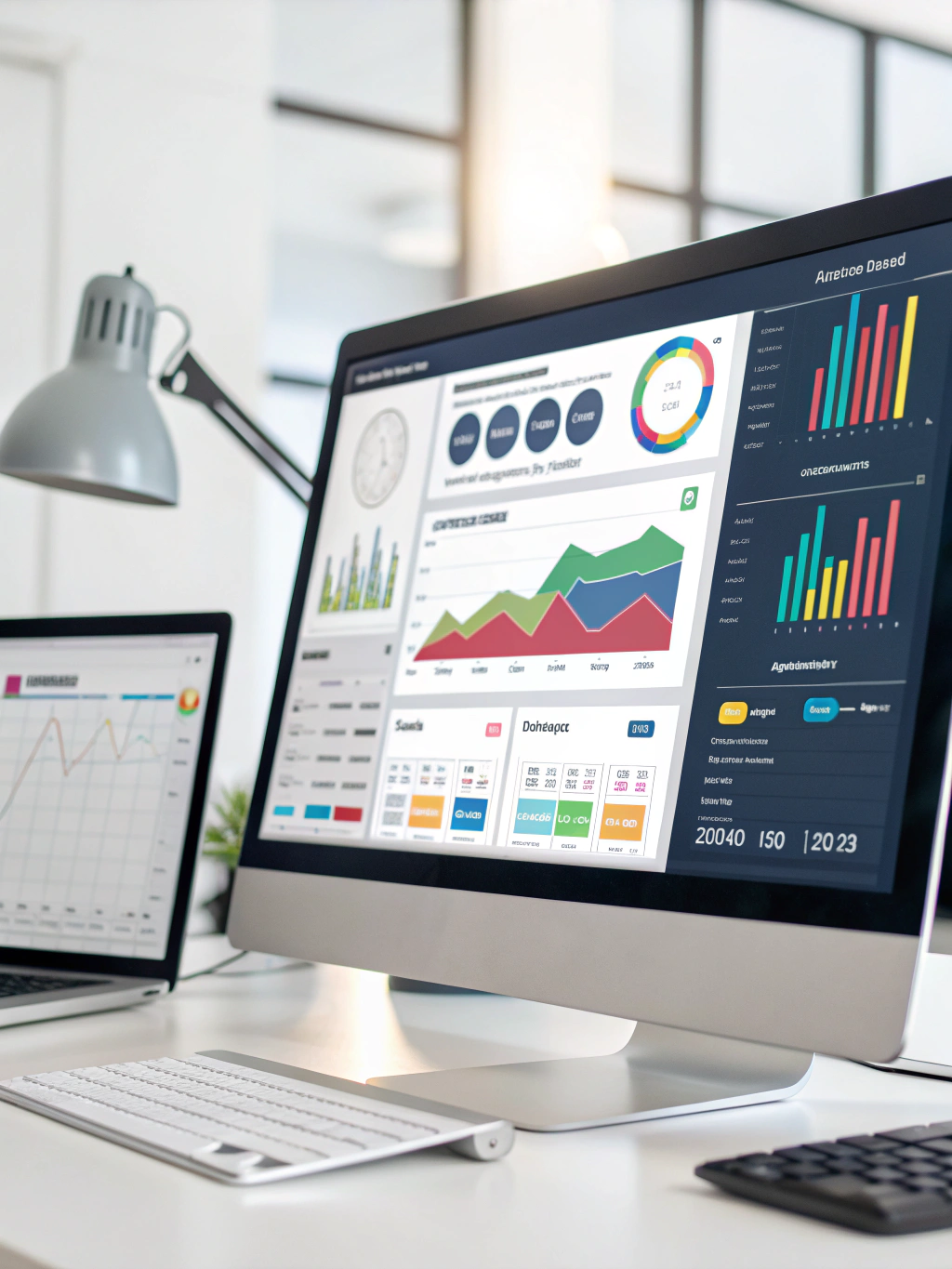
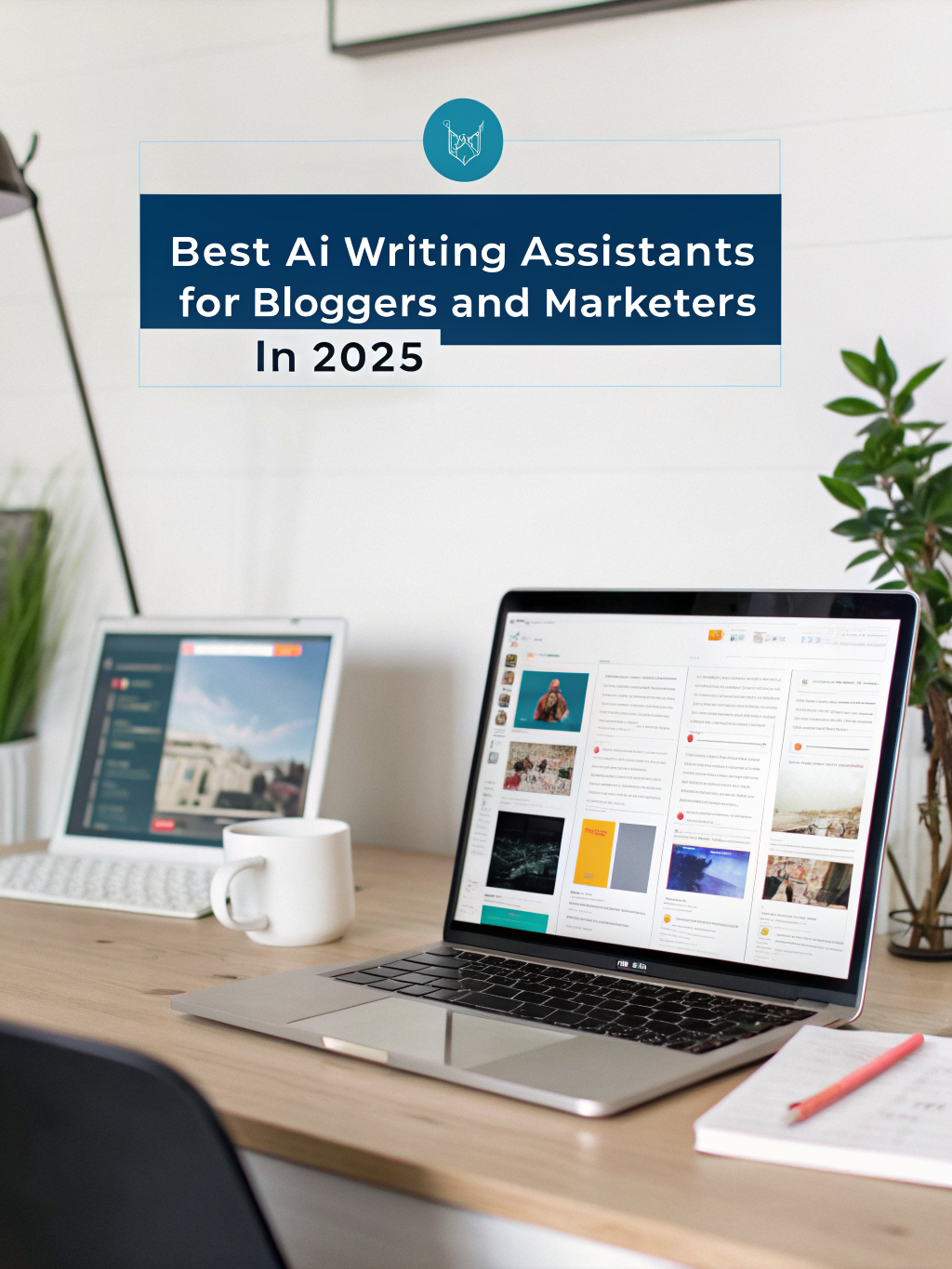
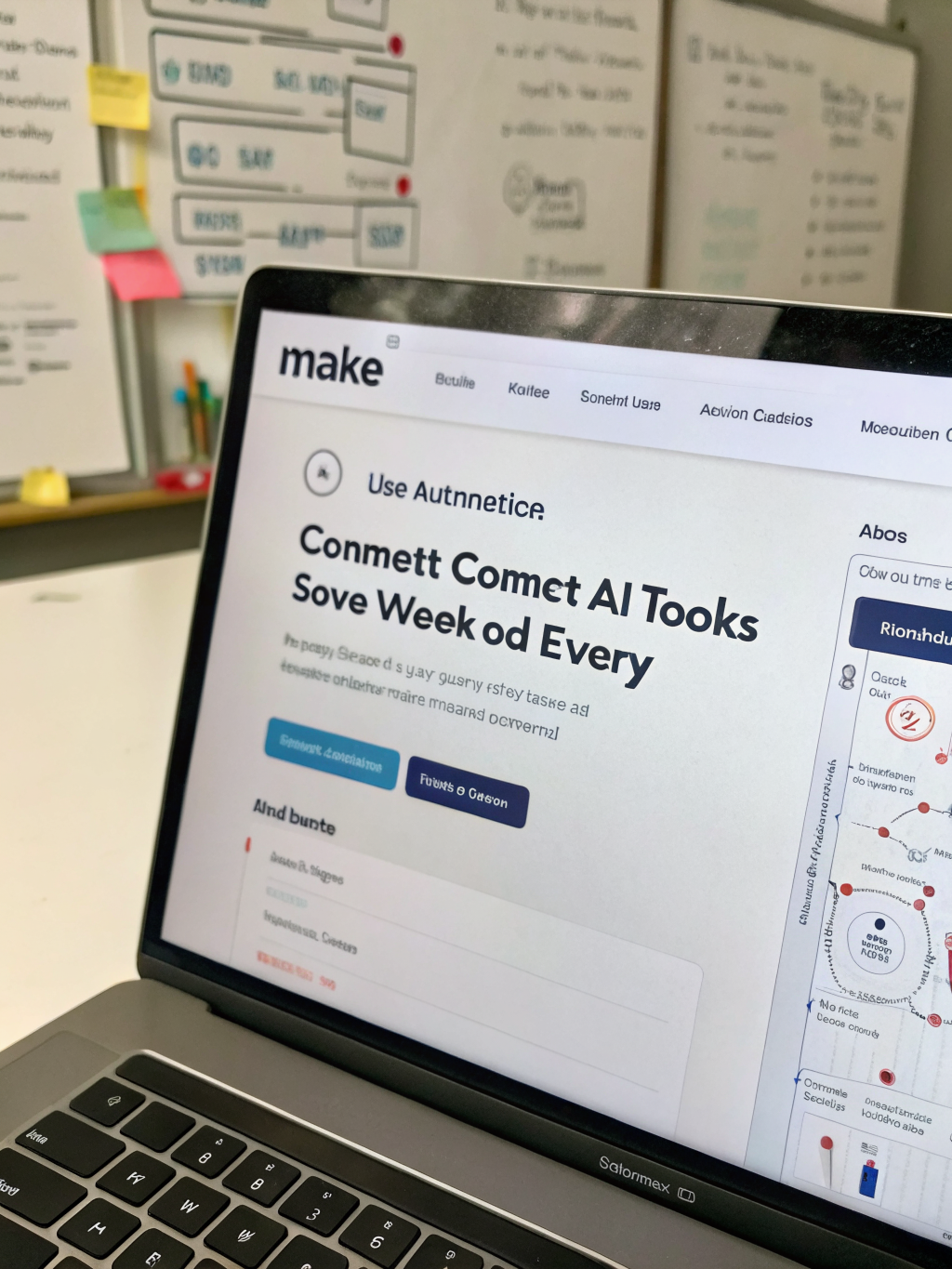
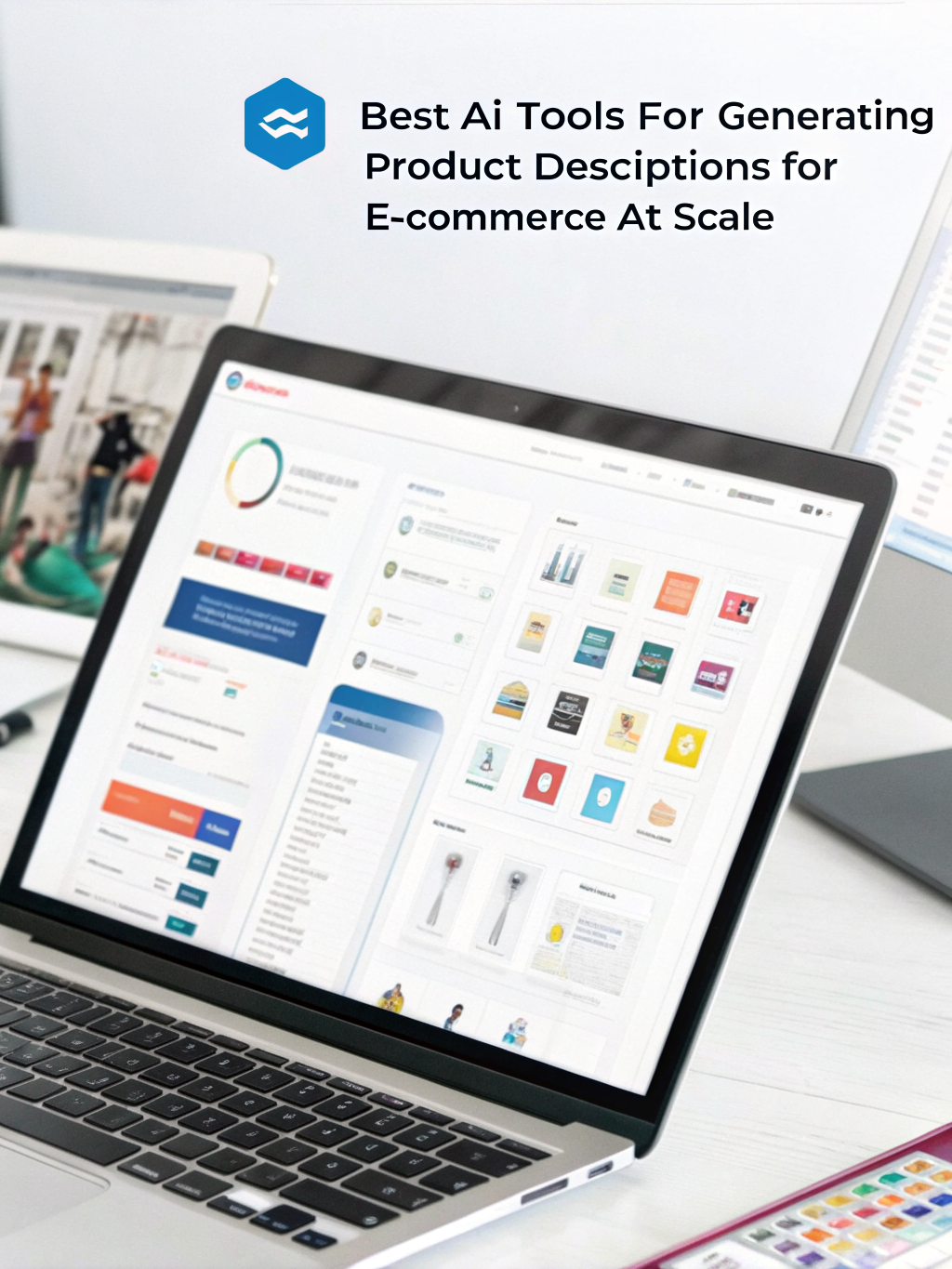
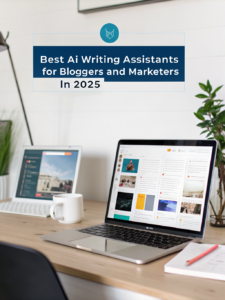
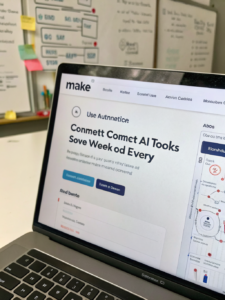
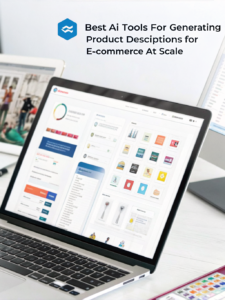
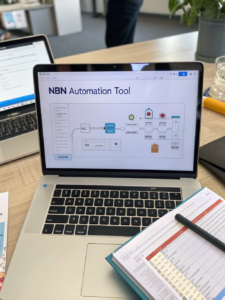
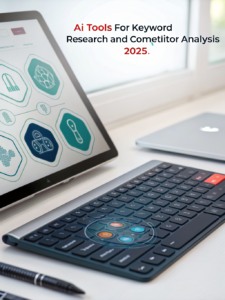
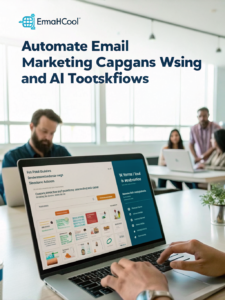
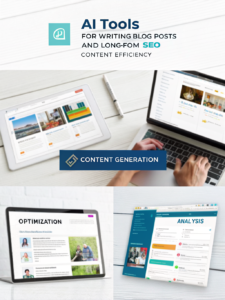

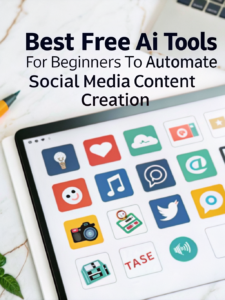
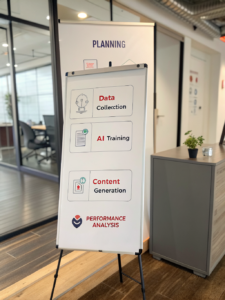
Post Comment